



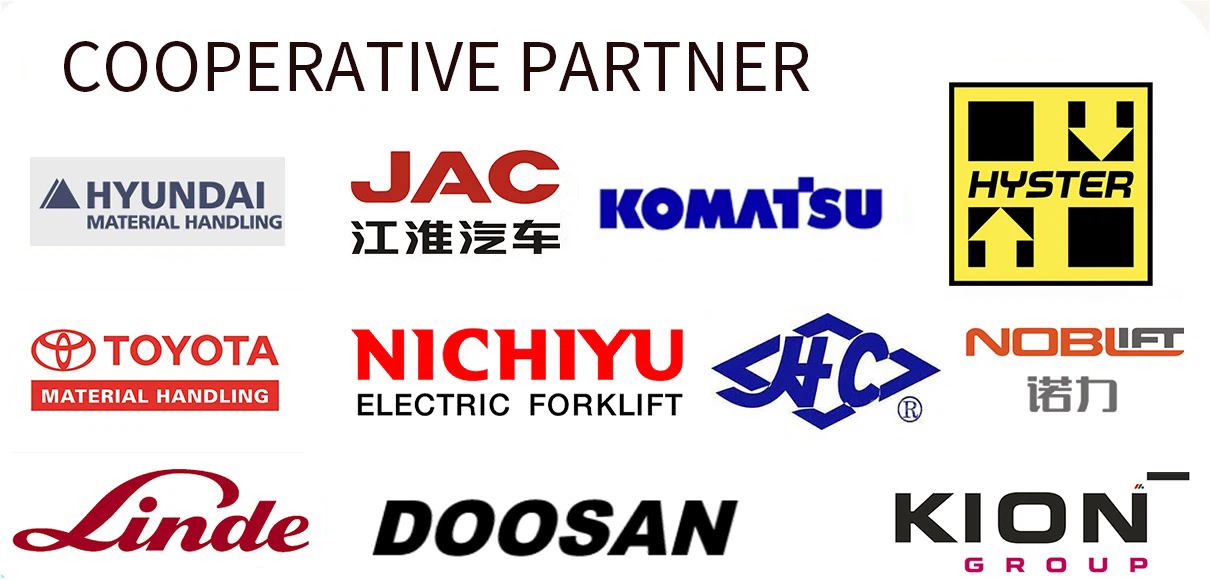
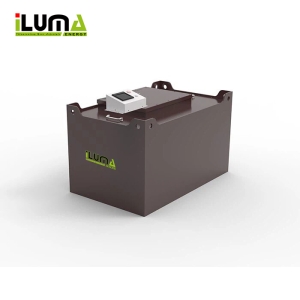
Rated Vapacity : 420Ah ...
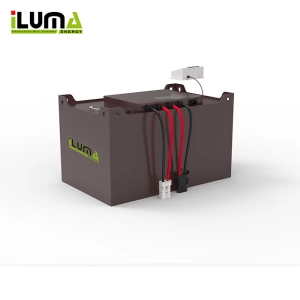
Rated Vapacity : 525Ah ...
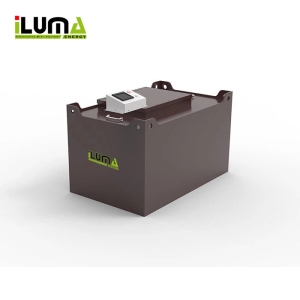
Rated Vapacity : 690Ah Standard ...
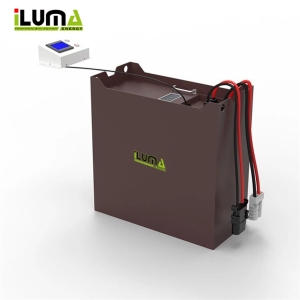
Rated Vapacity : 460Ah Standard Voltage :25....
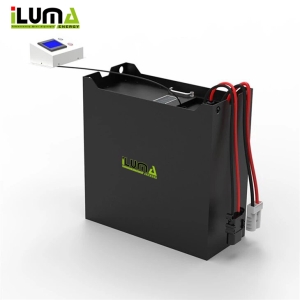
Rated Vapacity : 230Ah Standard Voltage :25.6V ...
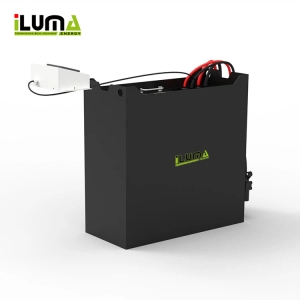
Rated Vapacity : 150Ah Standard Voltage :25.6V Sta...
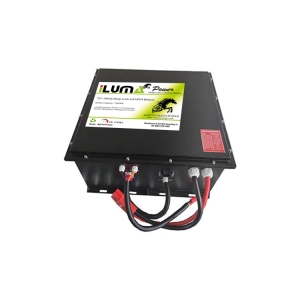
Model No:ILE72V100A Rated Voltage: 76.8V Rated Capacity: 105Ah Battery Ene...
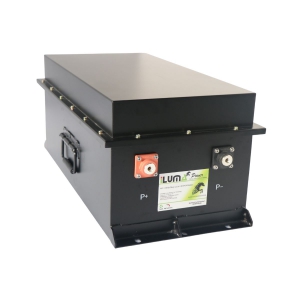
Model No:ILE76.8 Nominal Voltage: 76.8V Nominal Capacity: 300Ah Battery Capacity: 23.04kwh Waterproo...
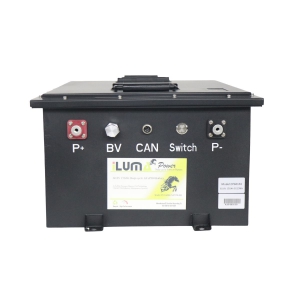
Model No:ILE60.8 Nominal Voltage: 60.8V Nominal Capacity: 150Ah Battery Capacity: 9.12kwh Waterproof...
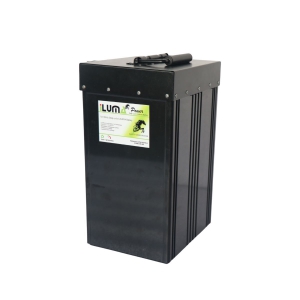
Model No:IN72 Nominal Voltage: 72V Nominal Capacity: 30Ah Battery Capacity: 2.16kwh Waterproof Level...